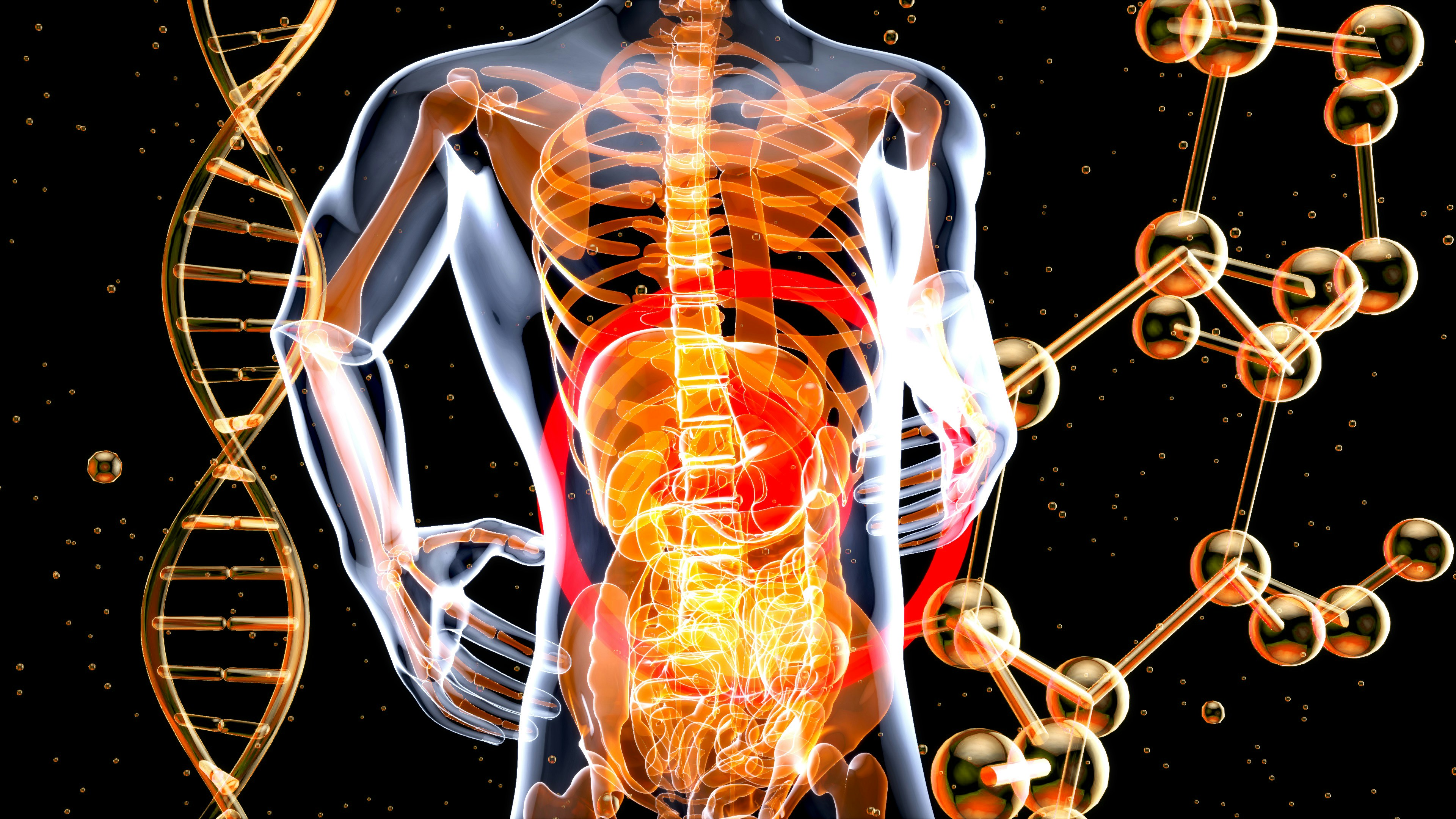How to Manage Menopause Symptoms: A Comprehensive Guide to Hormonal Health
While the average age of menopause in the U.S. is 51, the preceding phase, perimenopause, can begin as early as the late 30s or early 40s. During this time, fluctuating levels of estrogen, progesterone, and testosterone lead to symptoms ranging from hot flashes and mood swings to weight gain and sleep disturbances. According to the National Institute on Aging, these changes are a normal part of aging, but they don’t have to be debilitating. With the right strategies, women can navigate this transition with grace and vitality.
The Science of Hormonal Changes During Menopause
The Role of Estrogen, Progesterone, and Testosterone
Hormones are the body’s chemical messengers, regulating everything from metabolism to mood. During menopause, the ovaries gradually reduce production of key hormones:
Estrogen: Supports bone density, brain function, and skin health while regulating body temperature.
Progesterone: Promotes sleep stability and counterbalances estrogen’s effects.
Testosterone: Often overlooked in women, it influences energy, libido, and muscle tone.
A 2021 study published in The Lancet Diabetes & Endocrinology highlighted that estrogen decline significantly impacts insulin sensitivity, increasing the risk of weight gain and metabolic disorders. Additionally, progesterone deficiency can lead to sleep disturbances and mood instability, as noted in a 2020 review in Menopause Journal.
For a deeper understanding of hormonal imbalances, explore our article on Understanding Hormonal Imbalance: Causes and Solutions.
Common and Lesser-Known Symptoms of Menopause
Recognizing the Signs
While hot flashes and mood swings are widely recognized, menopause can manifest in unexpected ways. Lesser-known symptoms include:
Itchy ears due to estrogen-related dryness.
Joint pain and stiffness caused by reduced anti-inflammatory effects of estrogen.
Increased LDL cholesterol and blood sugar deregulation, as highlighted in a 2023 study by the American Heart Association.
Urinary tract infections (UTIs) and yeast infections resulting from declining estrogen levels.
These symptoms underscore the importance of a holistic approach to menopause management. For more on managing metabolic health during menopause, refer to Menopause and Metabolic Health: A Comprehensive Guide.
Hormone Replacement Therapy (HRT): A Path to Balance
Types and Benefits of HRT
Hormone Replacement Therapy (HRT) is one of the most effective treatments for alleviating menopausal symptoms. It comes in two primary forms:
Bioidentical HRT (bHRT): Derived from plant sources, these hormones are structurally identical to those produced by the body. They are available in creams, gels, patches, and pellets.
Synthetic HRT: Lab-created hormones that may carry a higher risk of side effects.
A 2022 meta-analysis in JAMA found that HRT significantly reduces hot flashes, improves sleep quality, and supports bone density. Contrary to outdated fears from the 2002 Women’s Health Initiative (WHI) study, modern research shows that HRT is safe for most women when started within 10 years of menopause.
Natural Strategies for Hormonal Optimization
Lifestyle and Nutritional Interventions
For those who prefer non-pharmaceutical approaches, lifestyle and dietary changes can significantly impact hormonal health:
Prioritize Protein and Healthy Fats: Foods like grass-fed meats, wild-caught fish, and avocados support hormone production.
Balance Blood Sugar: Reduce refined carbs and increase fiber intake to stabilize energy levels.
Strength Training: Maintain muscle mass and boost metabolism with resistance exercises.
Stress Management: Practices like yoga and meditation can lower cortisol levels, as discussed in Stress Management for Hormonal Balance.
A 2021 study in Nutrients emphasized that high-fiber diets reduce LDL cholesterol by 12% in postmenopausal women, highlighting the importance of nutrition in managing symptoms.
Empowering Women Through Knowledge and Action
Menopause is a transformative phase, but it doesn’t have to be overwhelming. By understanding the hormonal changes at play and exploring evidence-based solutions like HRT and lifestyle interventions, women can reclaim their health and vitality. For personalized guidance, consult with a healthcare provider to determine the best approach for your unique needs.
Conclusion
Take Control of Your Menopausal Journey
Ready to optimize your hormonal health and thrive during menopause? Schedule a consultation with our experts at Cascade Vitality Center to create a tailored plan for your well-being. Click here to book your appointment and explore our comprehensive guide on Hormonal Harmony: Nutrition for Endocrine Health.
References
National Institute on Aging – What Is Menopause?
The Lancet Diabetes & Endocrinology – Hormonal Changes and Metabolic Risks in Menopause.
JAMA – Safety and Efficacy of Hormone Replacement Therapy.
Menopause Journal – The Role of Progesterone in Sleep and Mood Stability.
American Heart Association – Omega-3 Fatty Acids and Cardiovascular Health.
Nutrients – High-Fiber Diets and Cholesterol Reduction.
Free Resources Below
By integrating these resources and strategies, women can approach menopause with confidence and clarity, transforming this transition into an opportunity for growth and empowerment.
Articles
Discover our other articles
Explore our articles to know the best behavior about alimentation and well-being.
























